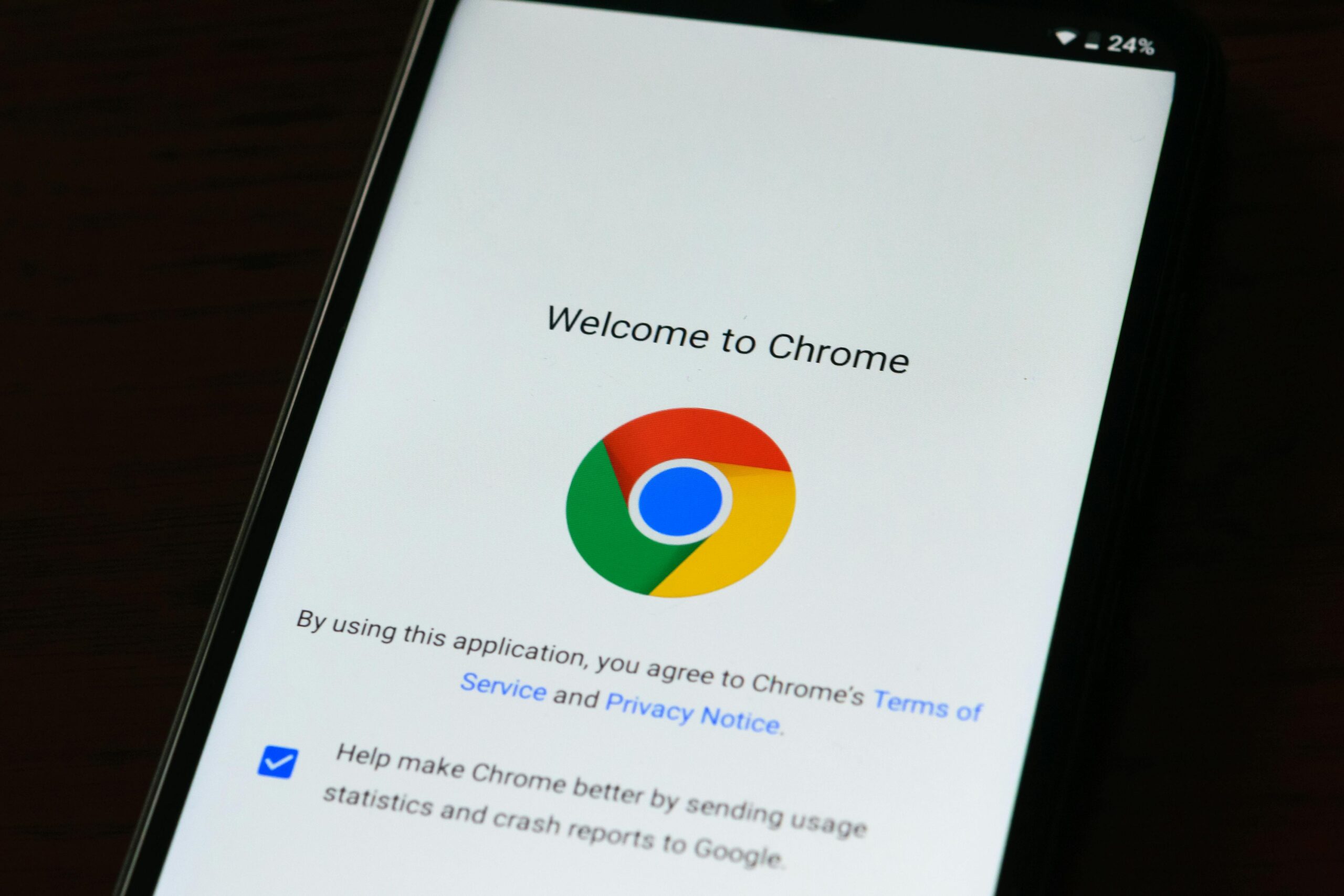
Anthropic announced Tuesday that it is launching a research preview of its new browser-based AI agent, Claude for Chrome. The test rollout will be available to 1,000 subscribers on the company’s Max plan, which costs between $100 and $200 per month. A waitlist is now open for additional users.
The Chrome extension allows users to chat with Claude in a side window that tracks context across browsing sessions. Users can also give Claude permission to take actions on their behalf, handling simple tasks inside the browser.
The Browser Becomes the Next AI Battleground
The launch comes as the browser is emerging as a competitive front for AI labs. Perplexity recently released its AI-powered browser Comet, OpenAI is rumored to be preparing its own browser, and Google has integrated Gemini into Chrome.
The competition is unfolding while Google faces a major antitrust case, where a federal judge may order the sale of its Chrome browser. This has fueled speculation about acquisitions, with Perplexity submitting an unsolicited $34.5 billion offer and OpenAI signaling interest as well.
Anthropic acknowledged that browser agents raise new safety issues. Last week, Brave researchers disclosed that Perplexity’s Comet was vulnerable to prompt injection attacks, where hidden code on a site could trick an AI agent into executing malicious instructions.
Anthropic said Claude’s browser agent already includes safeguards. Early interventions reduced prompt injection attack success rates from 23.6% to 11.2%. Users can restrict Claude’s access to certain websites, and the system is blocked by default from accessing financial services, adult content, and pirated material. High-risk actions, such as making purchases or sharing personal data, require explicit user approval.
Past Experiments and Improvements
This isn’t Anthropic’s first test of AI agents that control user devices. In 2024, the company released a desktop agent capable of operating a PC, but performance issues limited adoption. Advances in Claude’s models, however, have since made agent-based systems more reliable for basic browser tasks, even if complex problems remain a challenge.
Author’s Opinion
Browser-based AI agents like Claude for Chrome feel like the natural next step in AI adoption, but they also bring significant risks. Giving an AI the ability to act inside a browser means exposing users to entirely new forms of attacks that traditional antivirus or firewalls cannot catch. While Anthropic’s safeguards are encouraging, no system is foolproof, and bad actors tend to innovate quickly. These tools are likely to become powerful productivity aids, but users may need to accept that the convenience comes with a real trade-off in safety.
Featured image credit: AS Photography via Pexels
For more stories like it, click the +Follow button at the top of this page to follow us.
